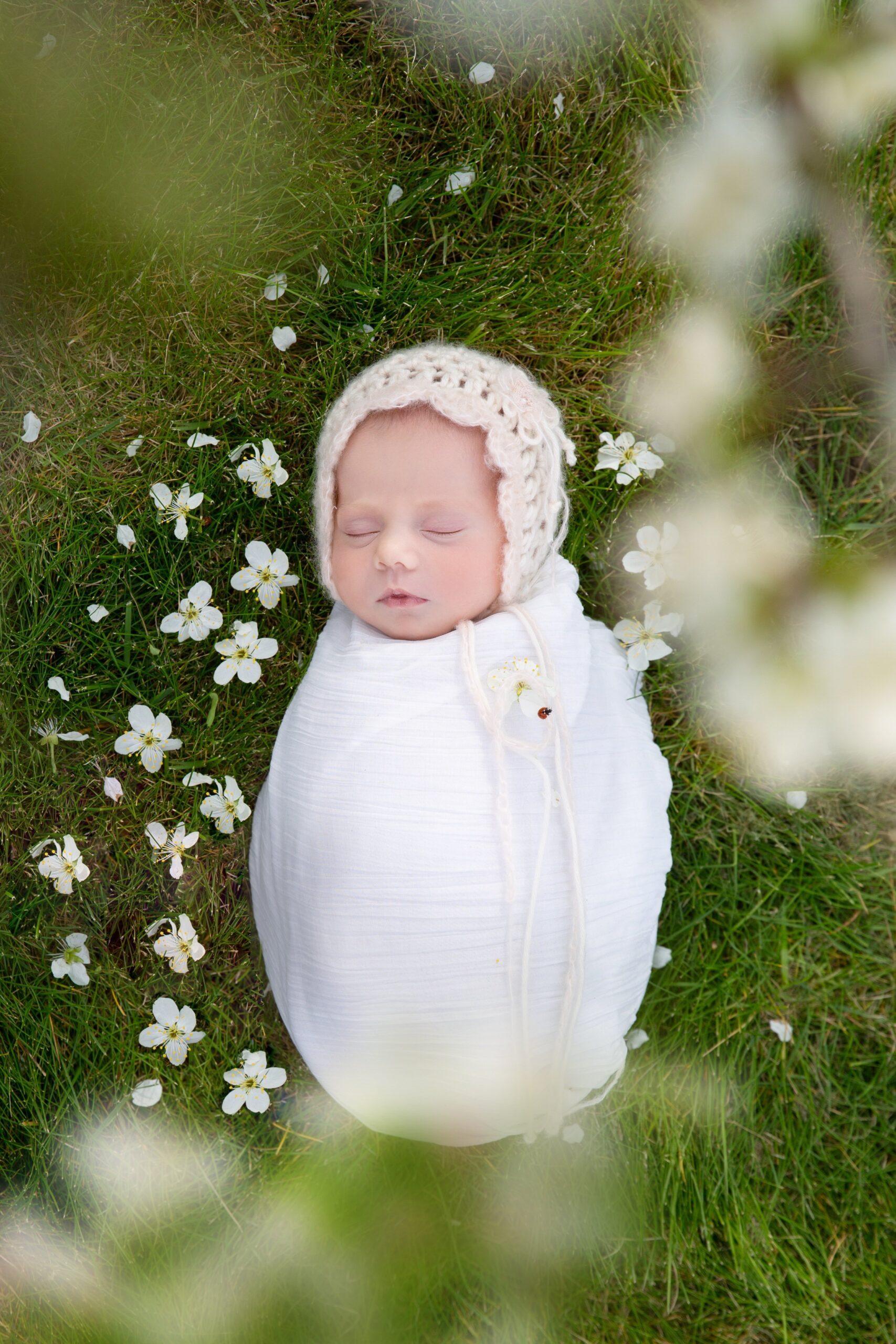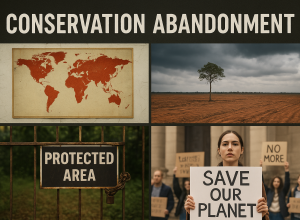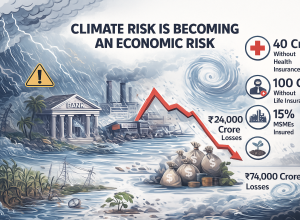In present times, when there is heightened awareness of climate change and the importance of environmental sustainability, Carbon Neutral Babies provides an exciting launching point for discussions about ecological responsibility from the earliest days of our lives.
The term speaks to the notion of raising children in a manner that offsets the carbon cost associated with their growth trajectory and lifestyle choices. Raising carbon-neutral babies encourages parenting styles that are less harmful to the environment, given the extent individual consumption habits affect environmental damage. These include the intentional planning we do around logistics, what food we consume, and which products we choose to buy—all of which are crucial elements of building a sustainable future. Individualism is a popular concept in society, with a growing movement towards environmental care that would not be at the cost of other policies. Hence, there arises the need for values-based education, which is based on an incremental understanding that students must be educated into values that prompt the next generation to act towards the planet in the stewardship movement.
Carbon neutrality
Carbon neutrality, also referred to as net-zero carbon emissions, means that an individual, company, or group has found a balance between the carbon dioxide used and the emissions released. We need to raise babies in an enabling environment for healthy growth and development—and that will only be achieved once we reach carbon neutrality, because babies are particularly vulnerable to the ravages of climate change, which can exacerbate some health conditions and delay their development. Efforts towards carbon neutrality, particularly through frugal innovations in healthcare and other sectors, can counter these risks enormously. Long-term strategies need to be based on sustainability and the use of environmentally-friendly resources that can consolidate improved health status not only in the present but also in agreement with the UN Sustainable Development Goals, thus answering the request for a healthier world for future generations. Including carbon neutrality in public health policies can not only protect the health of newborns but also support broader environmental sustainability initiatives.
The things they do will have an environmental cost, and childcare decisions are just the tip of a much larger iceberg that will shape global sustainability and future generations. How has the emergence of parents with a growing awareness of the ecological costs of procreating and raising children grappled with the ethical dilemma of resource consumption needed to nurture human capabilities for future generations of development? Listening to the public goods pitch: desirable future people, of which the world needs more, motivates better environmental stewards. However, this notion is contested in light of alternative opportunities—for example, replacement migration—that may prove more efficient in the production of human capital, thus raising doubts about the moral legitimacy of the taxpayers’ obligations to children after all. In this way, sustainable parenting styles, such as choosing green products and parenting, are essential. Understanding what child-rearing entails and how it relates to environmental sustainability will be vital for designing conscientious, net-zero tomorrows.
As society slowly wakes up to the environmental impact of practically everything we do, from food to furniture to fashion, the carbon footprint that can come with a child, as well as the products and care that need to service them, can no longer be overlooked. Many ubiquitous baby products—from disposable diapers to plastic toys—contribute a significant share of greenhouse gas emissions over their life cycle, from manufacturing through transportation and disposal. Disposable diapers, for example, create millions of tons of waste and waste a great deal of energy. The care products used on babies, such as lotions and wipes, are also often sold in single-use plastic packaging, further increasing their environmental footprint. Introducing sustainable approaches—such as sustainable, eco-friendly, and mindful products—may help reduce a mother’s stress levels while pregnant, since a mother’s stress levels during pregnancy can directly impact her child’s health outcomes. Therefore, making baby care carbon neutral will not just conserve the planet but also work wonders for the well-being of mothers and children.
There are a lot of changes we need to make to give birth to carbon-neutral babies. One excellent idea is to go green with eco-friendly products such as biodegradable diapers and organic baby food that reduce a household’s carbon footprint. Aside from the positive health implications for both mothers and babies, raising awareness among parents about the significance of breastfeeding could help sustainability endeavours, as formula production entails packing and distribution, which in turn increases the carbon footprint. Ultimately, the most crucial component of developing a deep affinity for nature is spending time with it—walking, playing outside, doing yard work in the children’s garden, etc.—instilling environmental stewardship from the ground up. Therefore, exploring and showcasing public policies favouring sustainable childcare, as revealed in the many cases surveyed in Nordic countries, could offer some hints to reinforce the setting off of eco-friendly practices. These approaches give children the power to make sustainable choices while also helping build a healthier planet, ensuring they’re ready to take those ideals with them as they grow up!
Being sustainable in baby-rearing and parenting is a growing concern in this world, but it is also about finding harmony between family needs and environmental impact, encouraging positive outcomes for families. An example of this is in the green products world: biodegradable diapers, organic baby food, etc., which generate less waste and are better for the baby. Outside the womb, practices such as cloth diapering or breastfeeding can sustainably contribute to a family’s carbon footprint with the ultimate goal of creating carbon-neutral living spaces for future generations. Product decisions must be made carefully, as must those involving the mental wellness of caregivers—studies show parents of children in the Neonatal Intensive Care Unit (NICU) experience higher levels of stress that could hinder their ability to parent. So while eco-friendly methods are crucial for sustainable parenting, we shouldn’t forget that stress management techniques can foster the flourishing of environmentally conscious habits and promote overall family wellness to raise carbon-neutral kids.
The international community’s transition to carbon neutrality has complex and deep impacts on future generations. Children born into a post-Paris Agreement world where sustainability is the order of the day can expect unpolluted air, rich ecosystems, and a stable temperature regime, which will be a world away from the ongoing environmental pillaging happening at the moment. In their quest for cleaner sources of power, newer ideas for carbon sequestration, or more sustainable farming practices, we are not only minimising harm as a result of climate change but also setting the standard for responsible caretakers of the earth for years to come. To bring about such a transition, we need an education system that develops sustainability as its main focus and empowers young people to freely engage in dialogues and activities around climate. “Carbon neutral babies,” as a result, will inherit not just a world determined to reduce emissions but also one featuring a vigorous conversation advocating for a constant commitment to innovation and responsibility. The legacy of the decisions of the current era will define what kind of ecosystem we will operate in, highlighting the urgency and cooperation required for a joint pathway to carbon neutrality.





